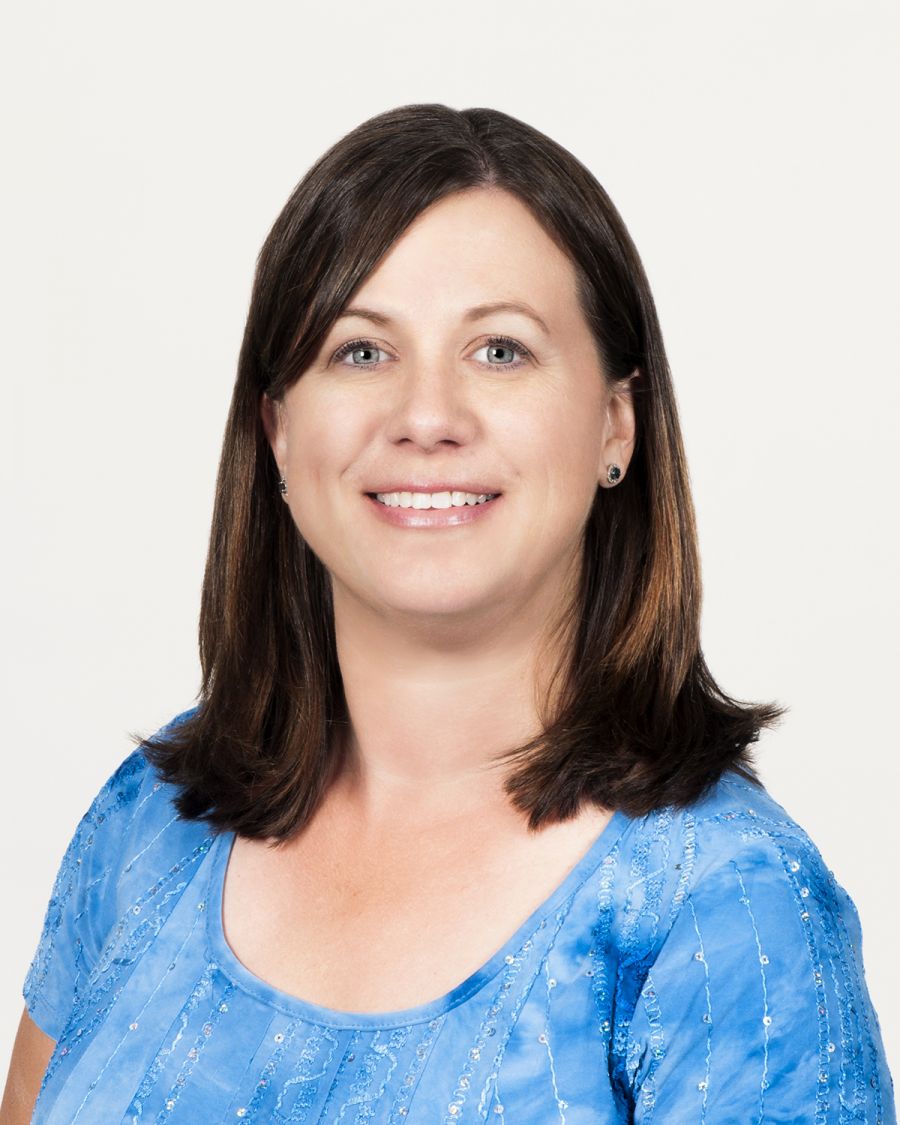


In the early 1990s, the stigma of mental illness was continual, and I was not immune to its’ influence. Like many pre-licensure nursing students, I can remember dreading the start of my mental health nursing class, and my subsequent clinical experience only exacerbated those fears. With little supervision from my clinical instructor, I was expected to care for a patient who was actively experiencing distressing auditory hallucinations. I was terrified and vowed that I would never work as a mental health nurse!
As young nursing students, we had a negligible concept that all nurses are mental health nurses. In order to provide holistic patient care, nurses must foster recovery and wellness based on the principle that humans are biological, social, spiritual, and psychological beings.
I am now an Assistant Professor of Nursing at Waubonsee Community College, and I teach NUR110: Concepts of Mental Health Nursing. My philosophy of instructing mental health nursing students goes beyond our nursing textbook. To gain a better understanding, I believe that nursing students should explore the historical treatment of those with a mental health disorder.
We utilize commentary from those who have lived experiences of mental illness and encourage student empathy and respect. We treat our patients as holistic beings and not just mental health diagnoses with bizarre symptoms. Through clinical, simulation, and research, we strive to understand why a patient might be behaving this way, further decreasing caregiver fear and stigmatization. Some hospitalized patients that Waubonsee nursing students observe during clinical may be actively exhibiting auditory or visual hallucinations, mania, severe depression, or hyperactivity.
These foreign experiences cause significant distress for some students, or they may experience ‘triggers’ related to our classroom discussions of mental health disorders. We also acknowledge that many in our classroom may have been or know a loved one diagnosed with a mental health disorder.
I openly recognize that nursing students may need additional emotional support while participating in their mental health nursing class, particularly with the added stresses of the recent pandemic. Part of my purpose as a nurse and educator is to care for my patients and my students.
By the time students complete NUR110, they will have earned their Mental Health First Aid Certification (MHFA). MHFA is a national program that teaches participants how to respond to someone having a mental health crisis. We also talk a great deal about self-care in our nursing class, and MHFA reinforces this principle.
When students recognize their own need for mental health support, we encourage the utilization of Waubonsee’s student resources, such as the Personal Counseling Department, which provides students the opportunity to speak with a professionally trained counselor free of charge. The open dialogue and de-stigmatization of mental health disorders have improved somewhat since the early 1990s.
Yes, I want my students to know the physiology, psychopharmacology, and nursing interventions to care for patients with mental health disorders. As importantly, I hope that they leave NUR110 with a greater appreciation for the differences in others and the importance of caring for themselves.

